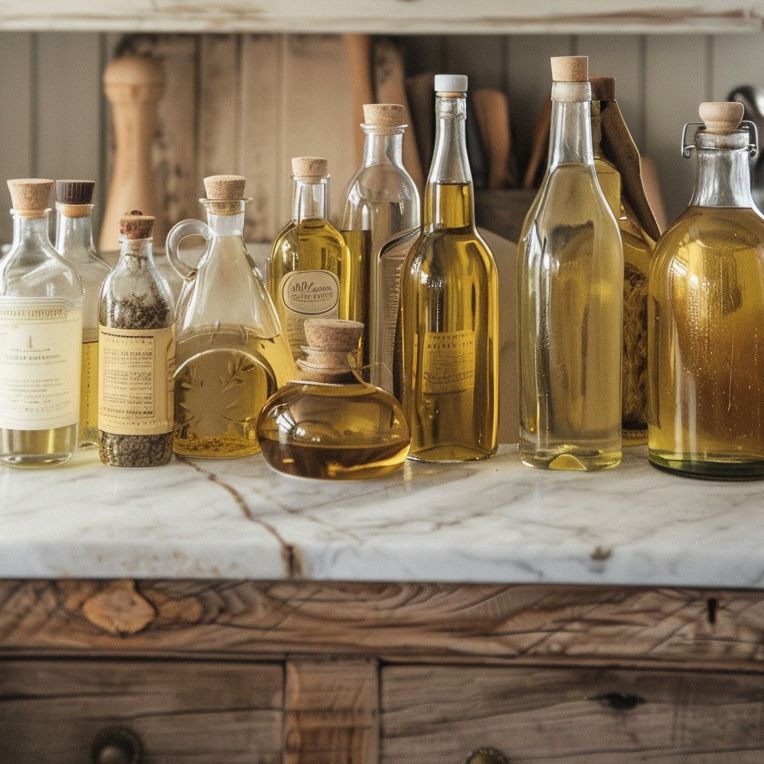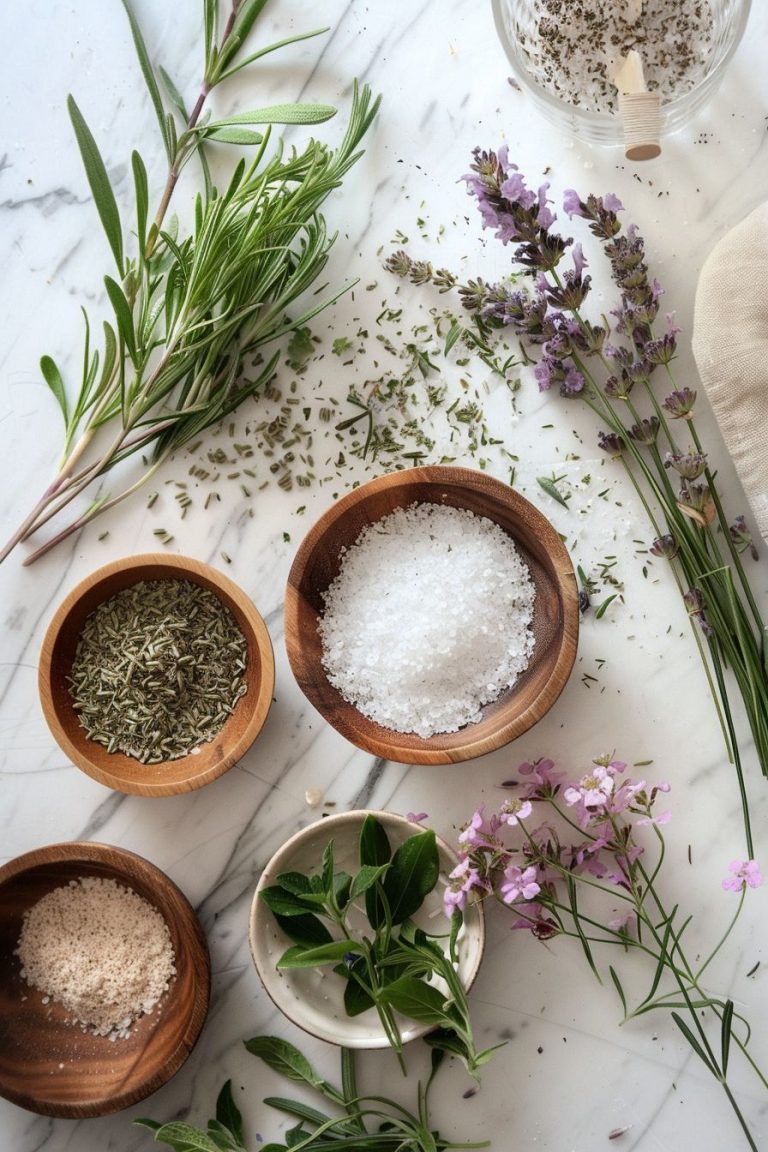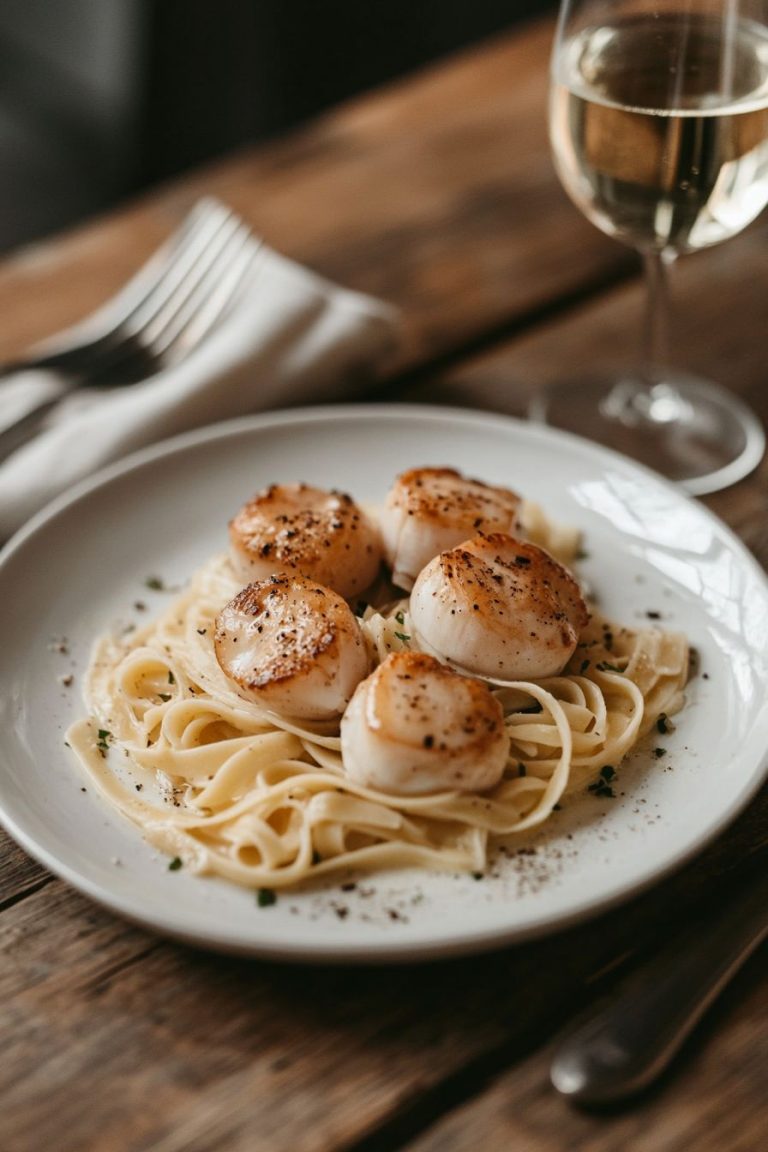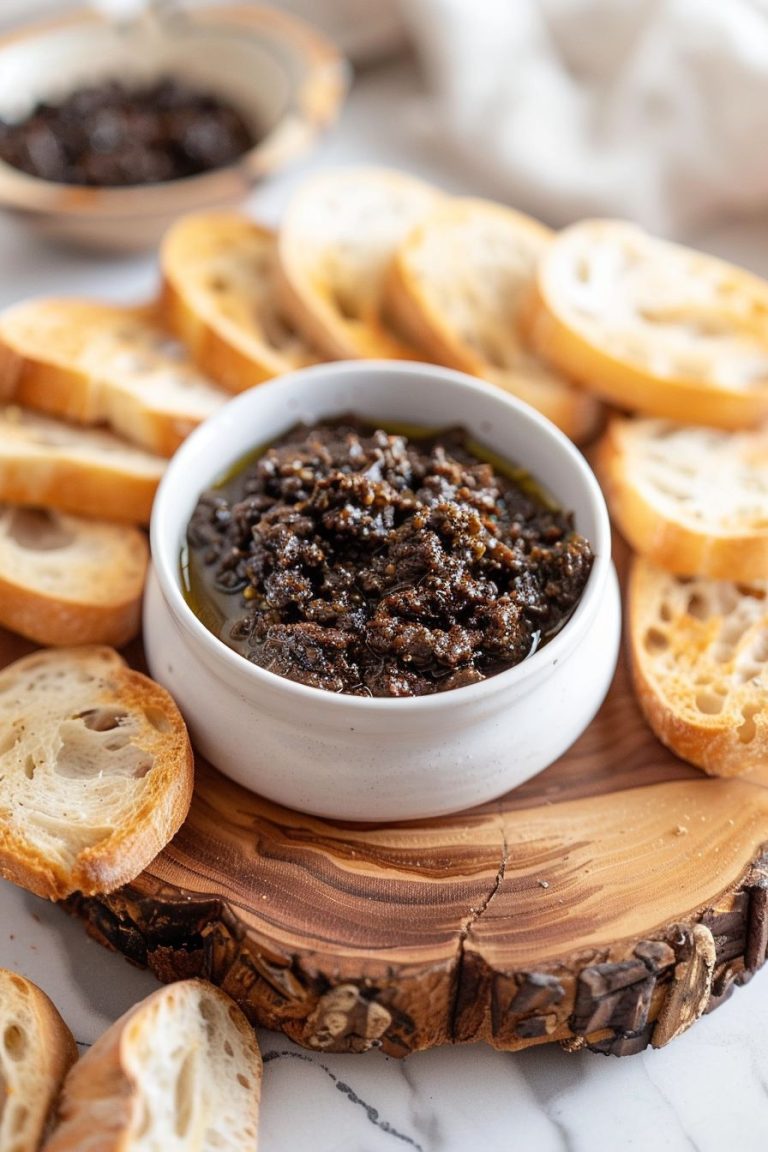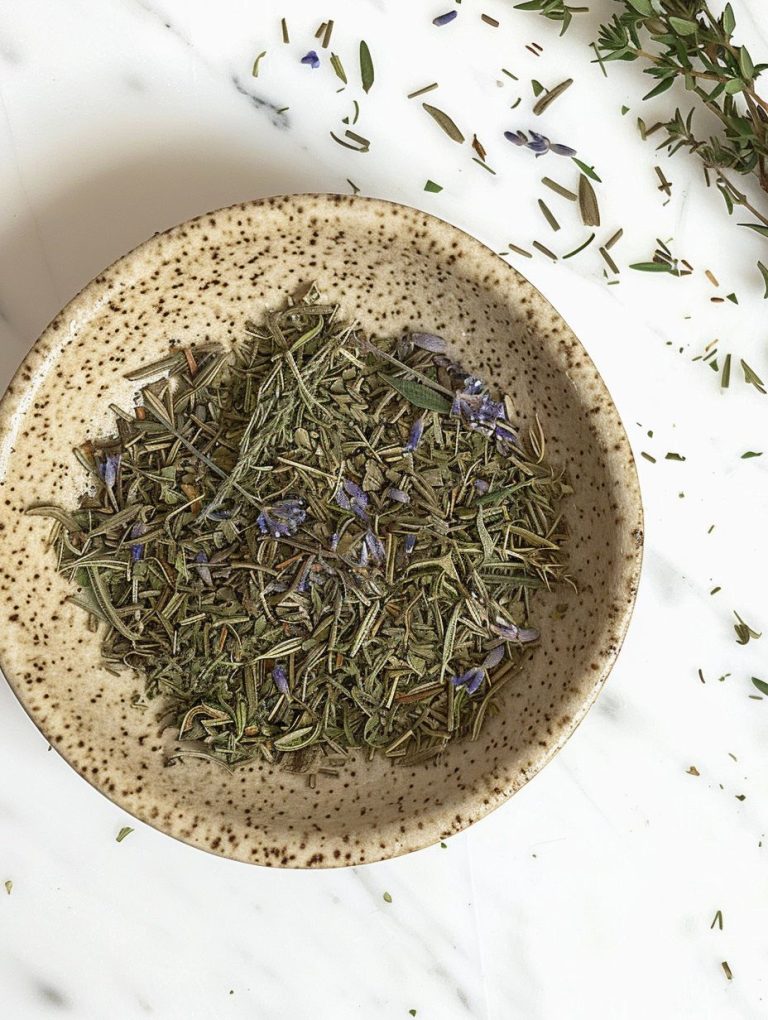5 French Culinary Oils to Have in Your Pantry
We may earn a commission through all links on this website. As an Amazon Associate, we earn from qualifying purchases.Bonjour, mes chères! Welcome to another culinary adventure where we explore the essence of French cooking right in your kitchen. Today, we’re diving deep into the heart of French gastronomy by focusing on cooking oils, a simple yet transformative ingredient.
You may think of oil as a cooking basic, but in French cuisine, it’s a cornerstone that adds complexity and depth to many classic French dishes. Whether it’s the nutty aroma of walnut oil in a Lyon-style salad or the grassy notes of extra virgin olive oil in a Provençal ratatouille, the right oil can elevate a dish from good to magnifique.
Ok let’s chat about the essential oils you should have in your pantry to bring the flavors of France to your table. On y va!
What Oils Do French Chefs Use?
French chefs often employ a diverse range of oils to bring out the unique flavors in their culinary creations. Extra virgin olive oil, sourced mainly from Provence, is a staple in Southern French dishes like ratatouille and bouillabaisse, providing a rich, fruity undertone.
Sunflower oil is another widely-used option due to its neutral flavor profile; it’s ideal for sautéing vegetables or deep-frying frites. For salads and finishing, walnut and hazelnut oils are popular for their nutty complexities, particularly in regions like Burgundy and the Loire Valley.
Grapeseed oil, with its high smoke point and subtle taste, is favored for high-heat cooking techniques like searing and stir-frying. And let’s not forget about the luxurious truffle oil, used sparingly to impart its intense, earthy aroma to dishes like risotto or scrambled eggs.
French Culinary Oils
Each of these oils serves a specific purpose, harmonizing with other ingredients to achieve the impeccable flavors associated with French cuisine.
Vegetable Oil
Vegetable oil, specifically sunflower oil, is a versatile staple in the French kitchen. This neutral oil doesn’t interfere with the flavor profiles of other ingredients, making it a go-to choice for frying, sautéing, and even baking.
Its high smoke point allows for versatility in a range of cooking techniques. Whether you’re making classic frites or sautéing a medley of vegetables, sunflower oil can be your workhorse in replicating authentic French dishes.
Lesieur is a popular French brand for vegetable and sunflower oils. Their vegetable oil is light and neutral tasting.
Olive Oil
No French pantry is complete without a bottle of high-quality extra virgin olive oil. Predominantly used in Southern French cuisine, its rich, fruity flavor complements a variety of dishes—from Provençal ratatouille to Mediterranean seafood stews like bouillabaisse. When selecting olive oil, look for options that are cold-pressed to ensure you’re getting the most flavor and nutrients. A drizzle of this golden elixir can elevate simple dishes, such as roasted vegetables or a fresh baguette!
Château D’Estoublon Huile d’Olive is a fantastic extra virgin olive oil from the Provence region. It’s fruity and peppery. Nicolas Alziari Extra Virgin Olive Oil is another excellent Provençal olive oil from Nice with a smooth, buttery flavor.
Walnut Oil
Walnut oil is a beloved staple in French kitchens, especially treasured in the Burgundy regions of France and also in the Loire Valley. This flavorful oil is primarily a finishing touch on salads, cold appetizers, or even desserts like walnut cake. With its distinct, nutty aroma and deep, rich flavor, walnut oil elevates a simple green salad or a plate of roasted vegetables to something extraordinary.
While it has a low smoke point and is not suitable for high-heat cooking, its character shines when used as a drizzle over grilled fish or whisked into vinaigrettes. If you’re looking to encapsulate the essence of French countryside cooking in a single bottle, walnut oil is your go-to choice.
For walnut oil, consider investing in La Tourangelle Roasted Walnut Oil, which is known for its rich, authentic flavor perfect for dressing salads and finishing dishes. Huilerie Leblanc is a renowned producer of nut oils from Burgundy. Their walnut oil has a delicate, nutty aroma.
Almond Oil
Almond oil offers a mild, sweet nuance that complements a wide range of French dishes. It’s frequently used in baking and dessert recipes, like frangipane tarts or almond financiers, imbuing them with a subtle almond undertone.
Though not as commonly used as other oils for sautéing or frying, it does find its way into some savory preparations. It can withstand high heat, meaning it works for more versatile cooking methods, including stir-frying and sautéing. A splash of almond oil can lend an unexpected yet entirely delightful element to both sweet and savory dishes, making it a versatile addition to your French culinary pantry.
La Tourangelle Almond Oil, produced in California using French techniques, has a light almond scent and flavor.
Sesame Oil
While sesame oil may not be the first oil that comes to mind when you think of traditional French cuisine, it has found its place in modern French cooking. Chefs often use it to introduce an exotic touch to classic recipes.
With its potent, nutty aroma, a little goes a long way. It is typically a finishing oil to add a burst of flavor to dishes just before serving. Whether drizzled over a plate of sautéed green beans to provide a contemporary twist or mixed into a marinade for grilled meats, sesame oil serves as a testament to the adaptability and evolving nature of French cuisine.
La Tourangelle Toasted Sesame Oil, or Huile de Sésame Grillé, has a deep, toasted sesame flavor.

